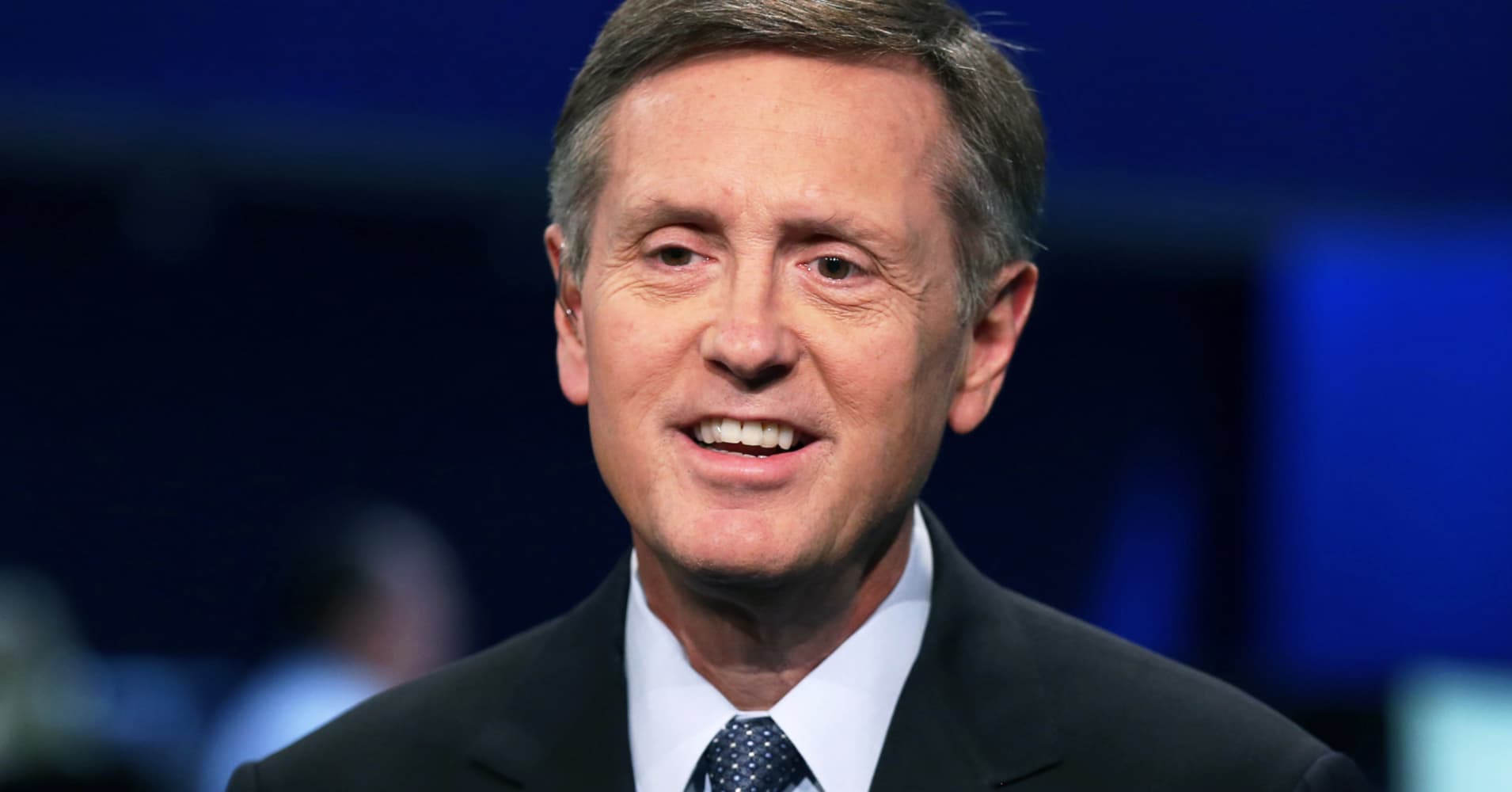
Federal Reserve Vice Chairman Richard Clarida, in his first major policy speech since being seated at the central bank, said more interest rate increases are likely warranted as the economy continues to gather strength.
In assessing current conditions, Clarida said growth broadly and with the job market in particular has surprised him.
“Based on my reading of the accumulating evidence, I believe that trend growth in the economy may well be faster and the structural rate of unemployment lower than I would have thought several years ago,” he said during a speech in Washington, D.C.
While his remarks were a bit more tempered than those of his colleagues earlier this week, Clarida said he sees “further gradual adjustment” in the Fed’s benchmark funds rate as likely. He said that could change if the data move and inflation turns lower. His views were fairly sanguine on inflation, saying it could remain tame even with stronger growth.
“I believe monetary policy today remains accommodative, and that, with the economy now operating at or close to mandate-consistent levels for inflation and unemployment, the risks that monetary policy must balance are now more symmetric and less skewed to the downside,” he said.
He described the current state of policy as accommodative, even though the Federal Open Market Committee removed the word following its most recent policy meeting.
The remarks come as the Fed finds itself at the center of attention in both the financial markets and the political arena.
President Donald Trump has repeatedly criticized the central bank’s moves to raise rates. In an interview earlier this week with the Wall Street Journal, the president repeated that monetary policy is the biggest threat to the economy, and wondered aloud whether he made the right choice in appointing Jerome Powell as Fed chairman.
Clarida also is a Trump appointee and was confirmed last month by the Senate.
In his speech, Clarida cited research, similar to that used by Powell, that shows the danger of waiting too long to raise rates. Specifically, he talked about the “neutral” rate of interest that is neither stimulative nor acommodative, and said history has shown that staying below neutral risks letting inflation run too hot.
He conceded, though, that inflationary pressures seem low now, even with a tightening labor market and rising wages. Above-trend economic growth also might not trigger worrisome inflation, Clarida said.
The economy, he added, likely has room to grow. Rising savings rates suggest that consumers have more buying power, while tax cuts have provided an incentive for business investment.
Be the first to comment